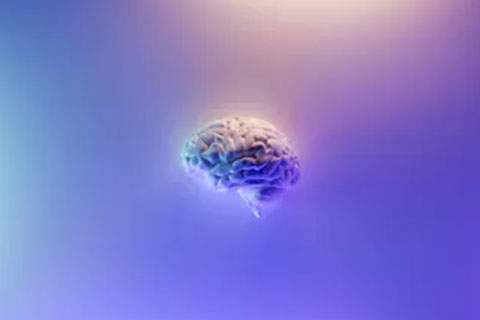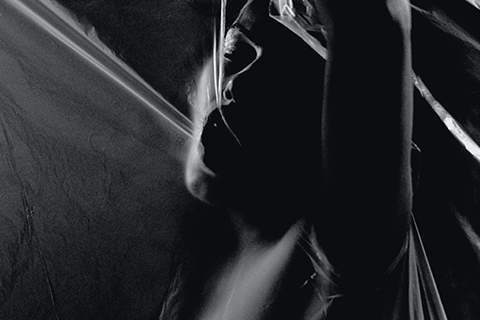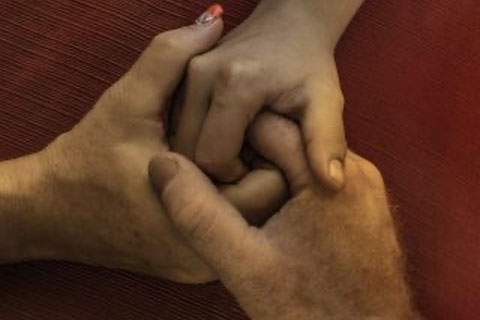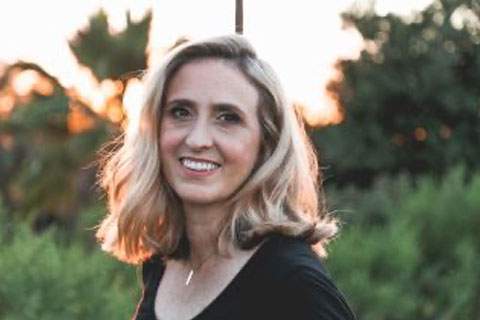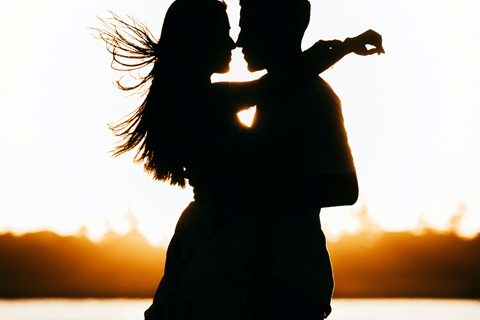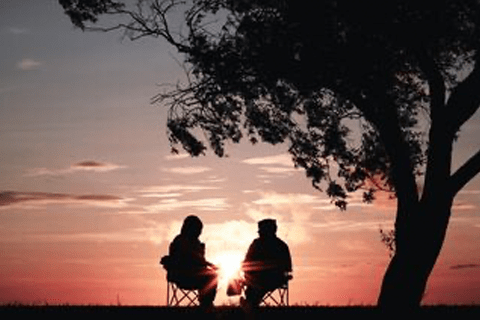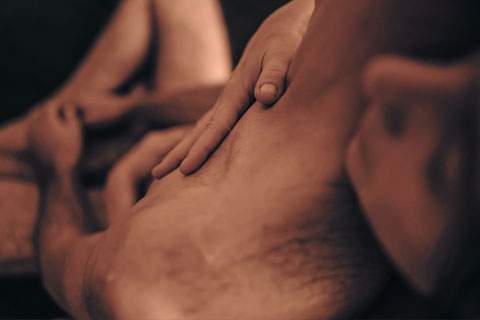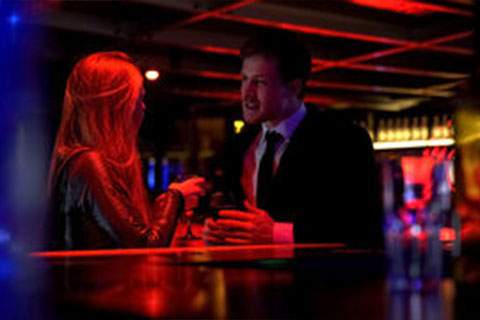The ASUW Board of Directors approved a bill earlier this month calling on the UW to create a university-wide standard for the implementation of content warnings in all classes.
The bill recommends such warnings before “readings or any other classroom materials that include sensitive topics including but not limited to sexual assault, child abuse, physical assault, racially-motivated violence, abuse, and suicide.”
Content warnings, also known as trigger warnings, are verbal or written notices preceding information that could potentially be traumatic to viewers. In the classroom, this could include a variety of topics and content.
“I’ve noticed… professors showing graphic images and launching into discussion around racially-motivated violence and sexual assault without warning,” Eva Hudak, who sponsored the bill in the student senate, said.
The bill was prompted by this lack of care, as well as the unequal effects graphic content has on students who have experienced trauma or trauma symptoms, including depression, anxiety, and PTSD.
In an environment without content warnings, graphic and violent material can severely affect these students’ ability to perform in class. Encountering traumatic content can evoke involuntary physical or psychological responses.
“I deserve to be able to participate in discussions without having to deal with physical anxiety symptoms, and so does everybody else,” Hudak said.
A major cause of concern are depictions of sexual harassment and content.
Dr. Nicole McNichols, who teaches PSYCH 210: The Diversity of Human Sexuality, discussed her approach to teaching human sexuality in class, which often involves showing videos featuring sex, pornography, and explicit content.
“I try to give full warning about the fact that there is sensitive content, and I make it clear that I’m showing it for educational purposes, that it is not there to try to shock or upset students in any way,” McNichols said.
McNichols considers no topic off limits, and sees advantages in discussing sexuality with students in an educational environment.
“Sometimes we need to see shock, sometimes the benefit of seeing something that might be sensitive in nature helps to overcome some of the taboos that we need to consider, at least with the topic of human sexuality,” she said
https://www.dailyuw.com/news/article_6353c100-a658-11eb-acc3-875a5d2f7e92.html












